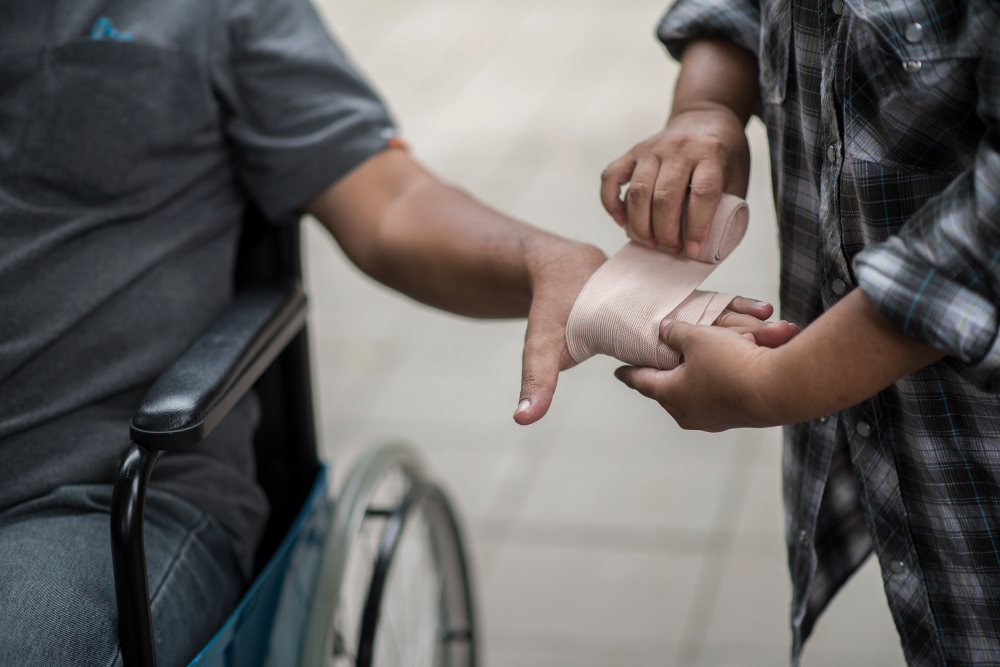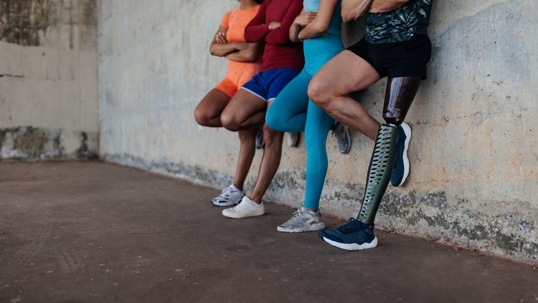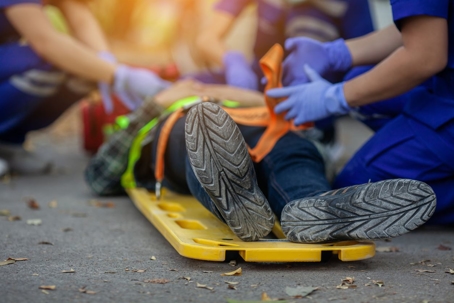

Losing a limb due to a car accident can be a traumatic experience. It not only affects the physical well-being of an individual but also has a severe psychological impact. Many amputees struggle with depression, anxiety, and PTSD after losing a limb. However, with advances in prosthetic technology, amputees have access to devices that can help them regain their mobility and independence.
Several Prosthetic Options Are Available
Prosthetic options for amputees have come a long way in recent years. There are now numerous types of prosthetic devices available that cater to specific needs.
One of the most popular options is the traditional prosthetic limb. These devices are designed to mimic the functionality of natural limbs and are custom-made to fit the individual’s specific needs. They are made with lightweight materials such as carbon fiber, which makes them easy to use and durable.
Another popular option is the myoelectric prosthetic limb. These devices use sensors to detect muscle movements in the residual limb and translate them into actions, giving the user more control over the device. They are especially useful for upper-limb amputees who require fine motor skills such as gripping and manipulating objects.
For lower-limb amputees, there are advanced prosthetic devices such as bionic legs and feet. These devices use microprocessors and hydraulic systems to mimic natural walking patterns, making them ideal for people who lead active lives.
There Are Many Considerations To Make
When it comes to choosing the right prosthetic device, there are several factors to consider.
The first thing to consider is the level of amputation. For instance, a person who has lost a leg above the knee will have different needs compared to someone who has lost a hand.
Cost is also a significant factor. Prosthetic devices can be expensive, with prices ranging from a few thousand dollars to tens of thousands of dollars. Insurance coverage and financial assistance programs can help offset some of the costs.
Finally, it’s essential to choose a device that matches the individual’s lifestyle and goals. For instance, an athlete will require a prosthetic device that can withstand rigorous physical activity.
Amputees Can Live Fulfilling Lives
In conclusion, while losing a limb can be a traumatic experience, it’s essential to remember that there are prosthetic options available that can help amputees regain their mobility and independence. Choosing the right prosthetic device requires careful consideration of factors such as the level of amputation, cost, and lifestyle. With the right device, amputees can lead fulfilling and active lives.
We Can Help Injured Victims
If you’ve suffered amputation injuries in a car accident due to negligence, you may be owed compensation. Don’t delay—we’re here to help you now.
Contact the experienced team here at Goldenzweig Law Group, PPLC today to discuss the details of your case. Give us a call at (713) 609-1930 or fill out the online contact form.
Navigation
Related Posts


How Lawyers Calculate Pain and Suffering
Continue Reading

